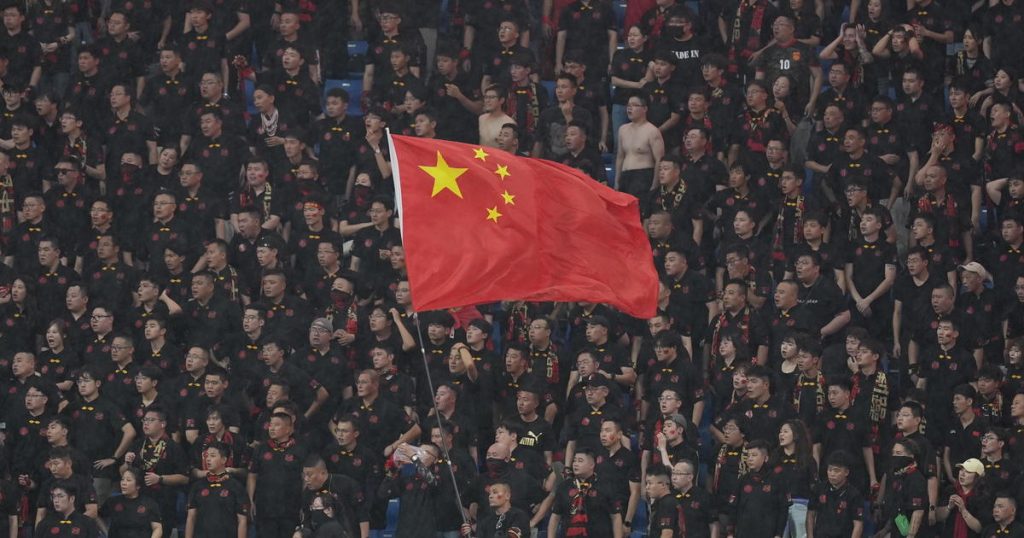Vice President Kamala Harris and former President Donald Trump have both accused each other of being weak on China, the country seen as the greatest geopolitical threat and economic rival to the U.S. Harris’ running mate, Minnesota Gov. Tim Walz, has been the target of Trump’s campaign, suggesting that he could be working for the Chinese due to his history with the country. However, Walz has spent his political career criticizing the Chinese government, particularly its human rights record. Trump’s vice presidential pick, Sen. JD Vance of Ohio, accused Harris of wanting to outsource factories and jobs to China, insinuating that her running mate was chosen by China.
During the presidential debate in September, Harris accused Trump of “selling American chips to China to help them improve and modernize their military.” The Biden administration implemented export controls to prevent American technology from reaching China, with restrictions on advanced semiconductors and chip-manufacturing equipment. Harris has not provided many details about how her China policy would differ from President Biden’s, but they both view China as an authoritarian rival seeking to surpass the U.S. as the leading global power.
Trump has focused on trade relations with China, accusing the nation of exploiting the U.S. through its economic policies. Harris has emphasized that the U.S. will win the competition for the 21st century against China. In a meeting with Chinese President Xi Jinping, Harris stressed the need for open lines of communication to manage competition responsibly. While Trump has expressed admiration for Xi, he has also criticized China’s trade practices, threatening to escalate the trade war, revoke China’s trade status, and crack down on Chinese economic espionage through initiatives like the China Initiative.
Both Harris and Trump have addressed U.S. support for Taiwan, a self-governing island that China claims as its territory. Harris reaffirmed U.S. support for Taiwan during a visit to Japan, opposing any unilateral changes to the status quo and vowing to continue supporting Taiwan’s self-defense. She also condemned China’s aggression in the South China Sea. Trump, on the other hand, said Taiwan should pay for U.S. protection and accused it of stealing business from the U.S. chip industry.
On the issue of human rights abuses, Harris has co-sponsored bills like the Hong Kong Human Rights and Democracy Act and the Uyghur Human Rights Policy Act, which authorized sanctions against those responsible for abuses against Uyghur Muslims in Xinjiang. Trump signed both of these bills into law. The two candidates have differing approaches to China policy, with Harris emphasizing competition and responsible communication, while Trump focuses on trade relations and cracking down on Chinese economic espionage.


